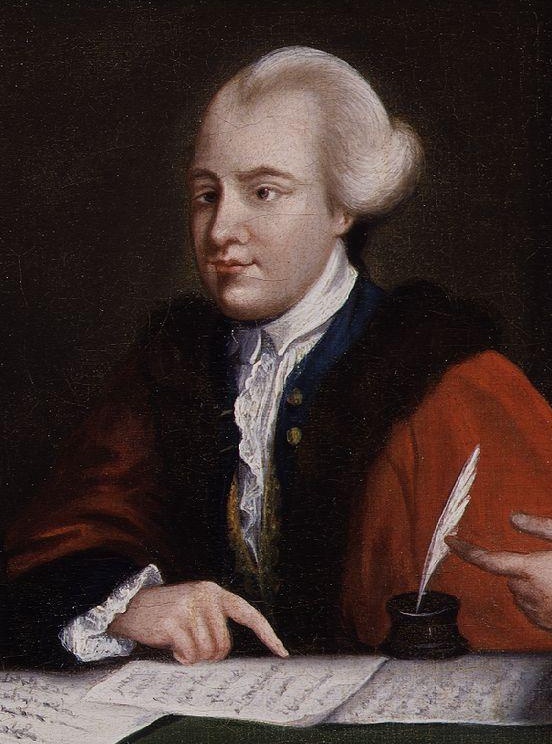
Today in Labor History January 19, 1764: The British House of Commons expelled John Wilkes for seditious libel. Wilkes was a radical journalist and politician who fought for the right of his voters, rather than the House of Commons, to determine their representatives. In 1768, the authorities arrested him. His supporters protested and soldiers shot them in the St George’s Fields Massacre. During the American Revolution, Wilkes supported the American rebels. However, in 1780, he commanded militia forces which helped put down the Gordon Riots, damaging his popularity with many radicals.
1800s-1810s
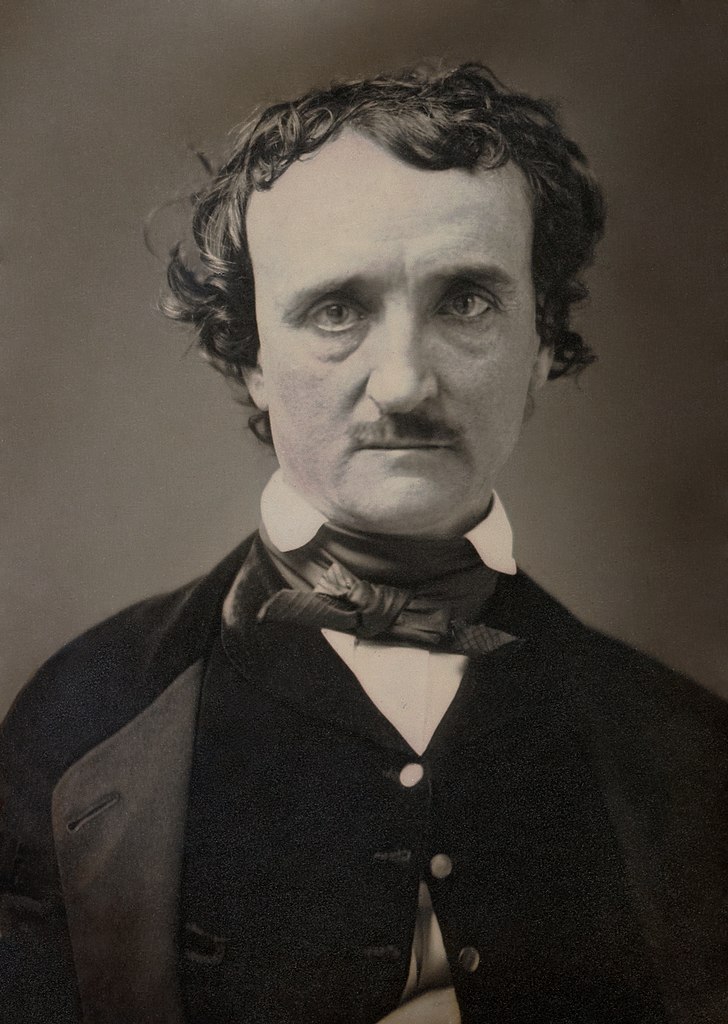
Today in Writing History January 19, 1809: Edgar Allan Poe was born. “The Raven” made Poe an overnight sensation. Yet, he spent much of his life in poverty. Poe originally considered having an owl or parrot, rather than a raven, quote “Nevermore.” Poe was a binge drinker who sometimes remained sober for months before falling off the wagon again. His alcoholism worsened as he got older. He died in 1849, mostly likely from alcoholism. His grave remained unmarked until 1865. For 60 years, from 1949 until 2009, the “Poe Toaster” left a bottle of cognac and three roses on Poe’s grave every January 19th.
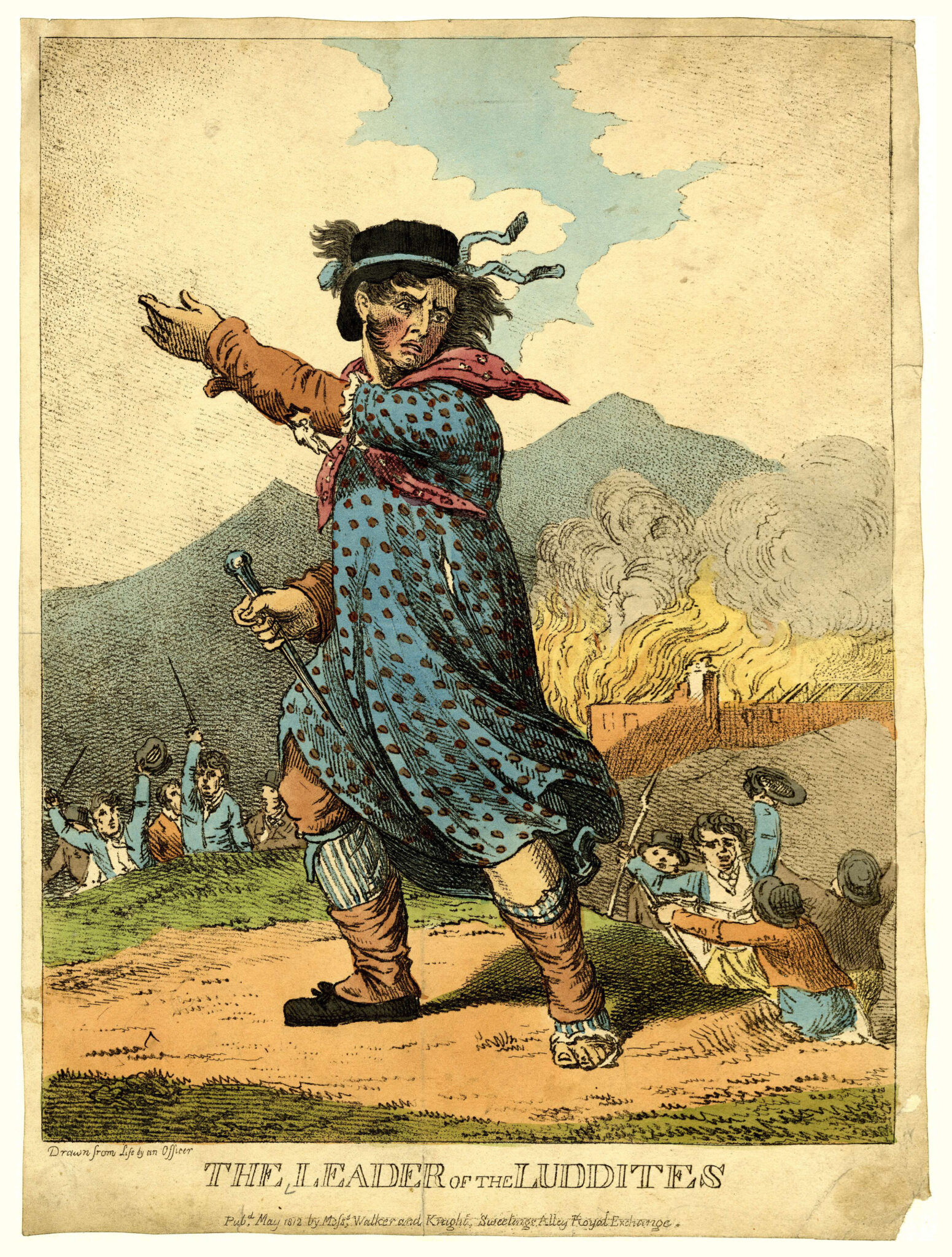
Today in Labor History January 19, 1812: Luddites torched Oatlands Mill in Yorkshire, England. In order to avoid losing their jobs to machines, Luddites destroyed equipment in protest. Their movement was named for Ned Ludd, a fictional weaver who supposedly smashed knitting frames after being whipped by his boss. Luddite rebellions continued from 1811-1816, until the military quashed their uprising.
Chant no more your old rhymes about bold Robin Hood. His feats I but little admire. I will sing the Achievements of General Ludd. Now the Hero of Nottinghamshire.
Robin Hood was a paternalistic hero, a displaced aristocrat who stole from his class brethren and gave to the poor. Ned Ludd, in contrast, represented the autonomy and self-sufficiency of the working class.
1820s
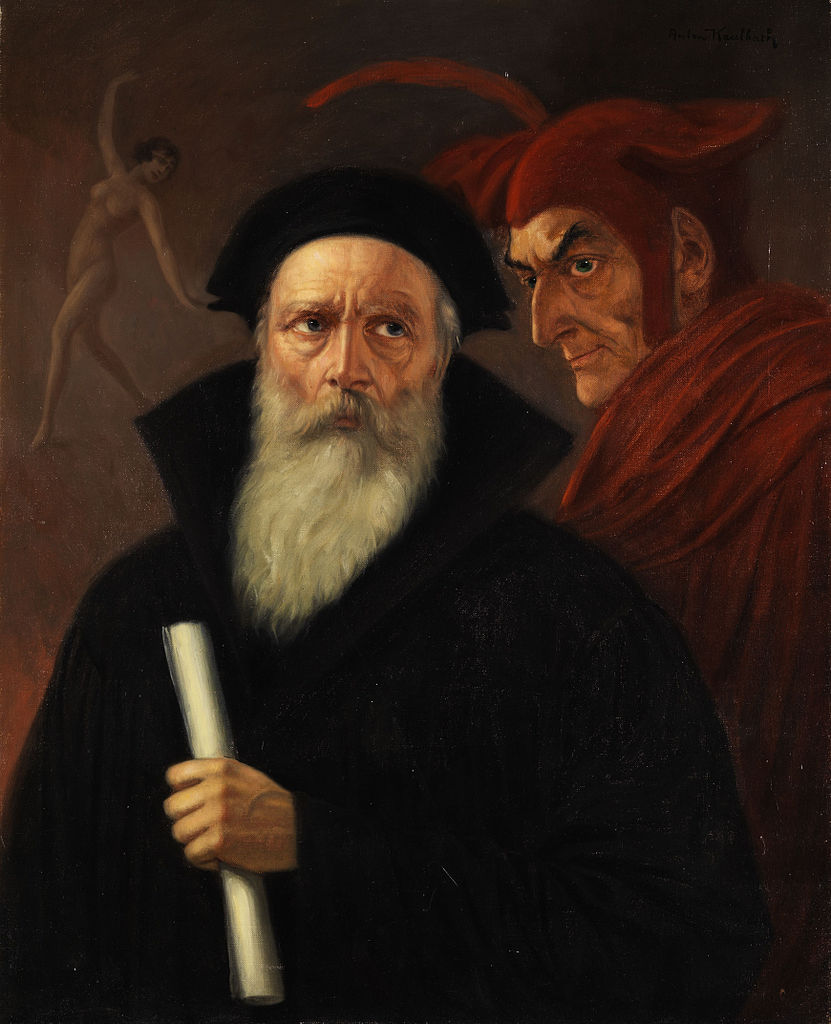
Today in Writing History January 19, 1829: Johann Wolfgang von Goethe’s “Faust: The First Part of the Tragedy” premiered. It’s the story of a scientist who makes a pact with the devil to gain power and knowledge. It took him 37 years to complete the play. Goethe also published scientific works on anatomy and botany. In the late 1700s, he wrote that variation in plants and animals was due to descent from common ancestors. This idea later influenced Darwin, who also credited Goethe with discovering the intermaxillary bone. Goethe’s novel, “Sorrows of Young Werther,” led to a suicide craze in Europe.
1910s
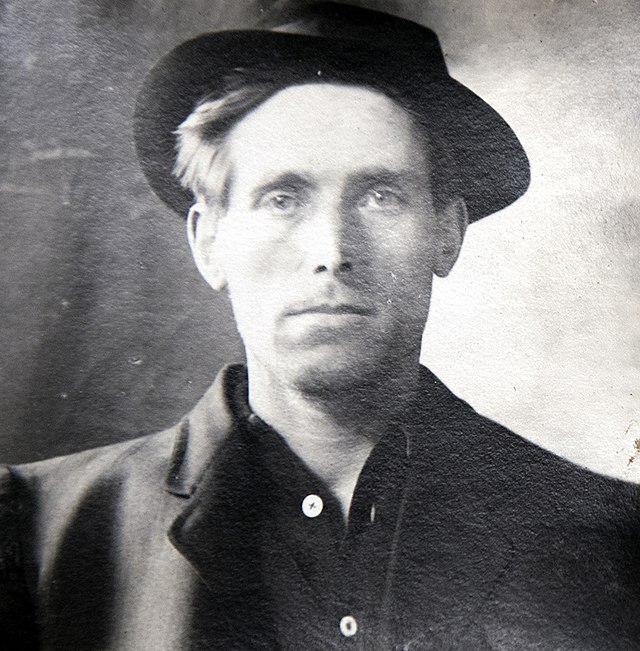
Today in Labor History January 19, 1915: The authorities arrested Joe Hill in Salt Lake City and later convicted on trumped up murder charges. They executed him 21 months later despite worldwide protests and two attempts to intervene by President Woodrow Wilson. In a letter to Bill Haywood shortly before his death he penned the famous words, “Don’t mourn – organize!”
Today in Labor History January 19, 1915: Factory guards fired at striking workers at the Williams and Clark fertilizer factory in Roosevelt, New Jersey. They shot 20 workers. Two of the men died from their injuries.
1920s
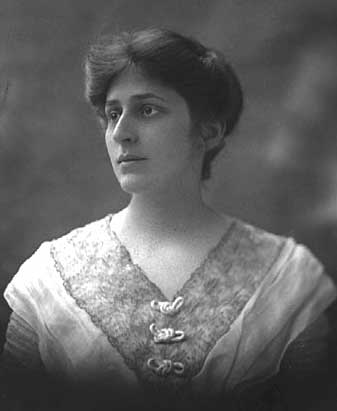
Today in Labor History January 19, 1920: Crystal Eastman, an attorney activist, Roger Nash Baldwin, Elizabeth Gurley Flynn (from the IWW) and others founded the American Civil Liberties Union (ACLU). Their original focus was freedom of speech, primarily anti-war speech, and supporting conscientious objectors. In 1923, they defended author Upton Sinclair after he was arrested for trying to read the First Amendment during an IWW rally.
In 1925, they persuaded John T. Scopes to defy Tennessee’s anti-evolution law in The State of Tennessee v. John Thomas Scopes. Clarence Darrow, an ACLU member, headed Scopes’ legal team. The ACLU lost the case and Scopes was fined $100. In 1926, they defended H. L. Mencken, who deliberately broke Boston law by distributing copies of his banned American Mercury magazine and won their first major acquittal. However, they kicked Elizabeth Gurley Flynn off their board in 1940 because of her Communist affiliations. And they refused defend Paul Robeson and other leftists in the 1950s.
1930s-1940s
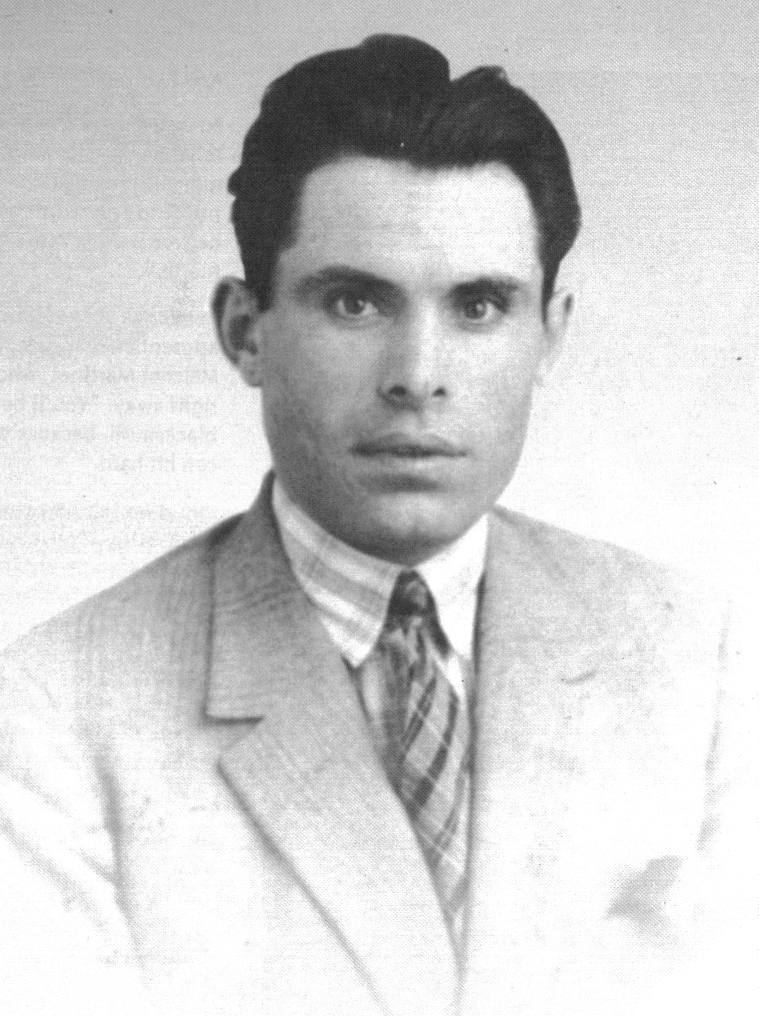
Today in Labor History January 19, 1932: A General Strike turned into an anarchist insurrection in Alt Llobregat, near Barcelona, Spain. Armed miners and textile workers, members of the CNT, declared “Libertarian communism,” including the abolition of money and property. The revolt quickly spread to other nearby towns. They cut telephone lines and replaced Republican flags with the red and black CNT flags. By January 27, the authorities had quashed the rebellion. They deported hundreds of rebels to African colonies. The detainees included Buenaventura Durruti, who would later lead the Durruti Column of anarchist soldiers against the fascist armies of Francisco Franco.
Today in Labor History January 19, 1945: Soviet forces liberated the Łódź Ghetto. It was the second largest ghetto in Europe, established by the Nazis for Jews and Roma. In 1940, there were roughly 200,000 inhabitants. Fewer than 900 survived the Nazi occupation.